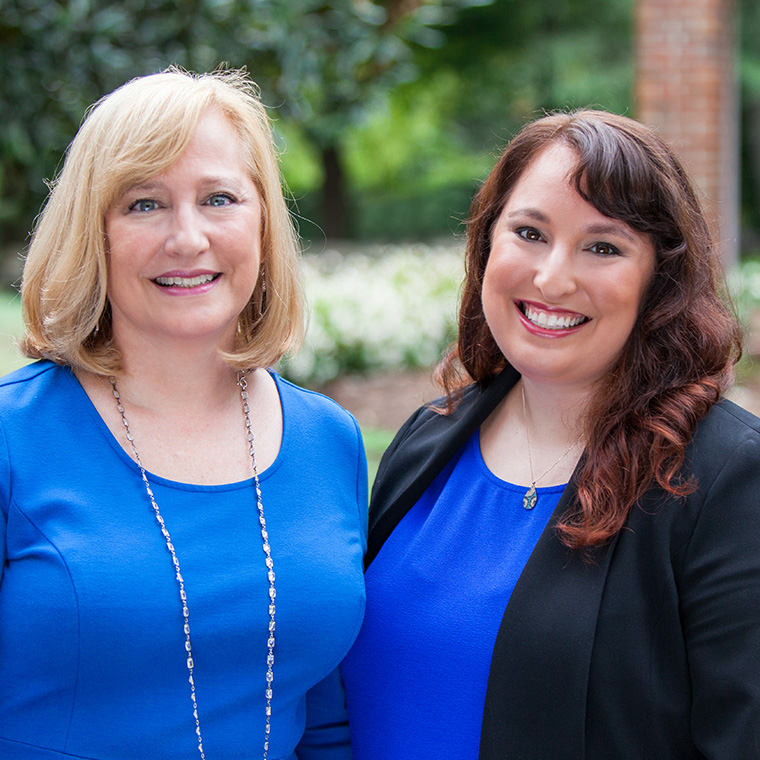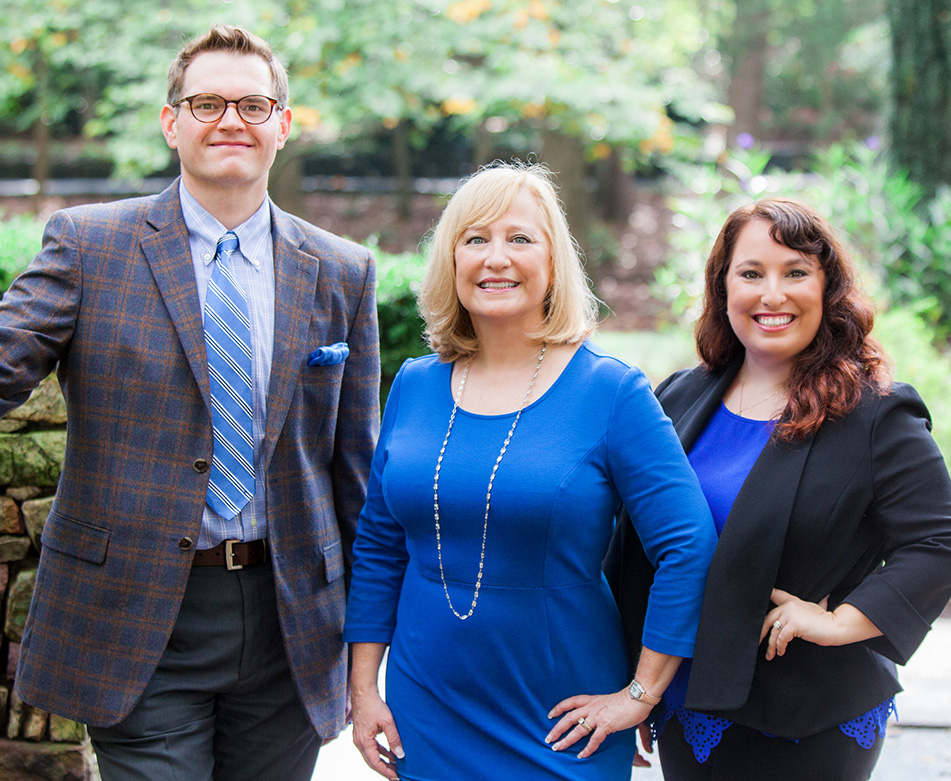
Greensboro Guardianship Attorney
Helping Clients Navigate Guardianship Laws in North Carolina
Guardianship becomes necessary to ensure that loved ones are cared for when they cannot care for themselves. Unfortunately, the legal process of securing guardianship can be complicated, as can fulfilling your duties as a guardian. You must understand North Carolina laws on when and how to have someone declared incapacitated and the role a guardian must play.
The Law Offices of Cheryl David assist those seeking guardianship. Our legal team understands the rules and helps you to go through the appropriate court process. We can also offer assistance in planning so guardianship does not become necessary, even in the event of incapacity. Give us a call today to find out more about how we can assist you with all matters related to guardianship and to get answers to questions including:
- When is guardianship necessary?
- What is involved in guardianship proceedings in North Carolina?
- How can a guardianship and conservatorship lawyer in Greensboro, NC, help?
- When is Guardianship Necessary?
Guardianship becomes necessary so decisions can be made and care can be offered to individuals who can’t act independently. When physical or mental illness renders a person unable to make choices and communicate or act upon those choices, the individual must be named a ward. Guardianship proceedings are necessary so the court can determine if the individual is incapacitated and should have a guardian appointed. If the court determines the individual is incapacitated, a guardian or conservator must be appointed to manage his affairs.
Guardianship, however, is not necessary in every situation where an individual is incapacitated. If advanced planning has occurred, the complex and challenging legal process of having incapacity determined and a guardian appointed will not be necessary. The incapacitated patient may have created a power of attorney and named an agent who can take over acting on his behalf if incapacity happens.
Call Law Offices of Cheryl David today at (336) 717-0375 or contact us online to schedule a meeting with our guardianship attorney in Greensboro!


What is Involved With Guardianship Proceedings in North Carolina?
If there is no power of attorney, guardianship proceedings must be initiated in court when incapacity is suspected. The person who initiates the proceedings and seeks to have someone declared a ward must convince the court of incapacity.
Even if the court agrees that incapacity is an issue and a guardian is needed, it will not necessarily give guardianship to the individual who initiated the guardianship proceedings. The court will carefully consider what is in the best interests of the incapacitated person and who would best serve as that person’s guardian.
The court could appoint someone different than the family member or friend who initially raised concerns and initiated the court process. This person may be someone neither the incapacitated individual nor his loved ones would have selected. The uncertainty over who will be named as a guardian is one key reason why it is essential to take control and create an incapacity plan before it is needed.
Whoever is appointed as a guardian or conservator will have the legal burden of acting in the incapacitated individual's best interests. The guardian owes a fiduciary duty to the ward, which is the highest duty one individual can owe to another under the law. The court will regularly oversee how the guardian is managing the ward’s affairs to ensure the duty is being fulfilled. This continued court involvement is uncomfortable for many families and is one example of why incapacity planning is necessary so guardianship could have been avoided.



Stories of Trust and Peace of Mind Hear From Our Happy Clients
At Law Offices of Cheryl David, your satisfaction is our priority! See for yourself what our clients have to say about working with us.
-
"Kindness & Patience"Thank you for guiding my family through a difficult time with kindness and expertise. Your team’s support has been invaluable, and we’re forever grateful!- Pete S.
-
"Friendly & Professional"Our experience with the Law Offices of Cheryl David was exceptional. Their caring team guided us through our Living Trust with professionalism and efficiency!- Sharon B.
-
"Thank You Sincerely"Contacting Law Offices of Cheryl David was the best decision for me and my husband. Their knowledgeable team provided peace of mind and expert elder care guidance!- Sheila P.
-
"Pleasant & Helpful"Sudden illness made me realize the importance of estate planning. The team was pleasant, competent, and incredibly helpful throughout the process!- Scot F.
-
"Exceptional Service, Every Time"Professional, friendly, and efficient! Claudia ensured we understood everything during our annual update. Highly recommend the team at Cheryl David’s!- Charles H.
-
"Compassionate Support During a Difficult Time"Blaire, Olivia, and Paula made a tough time easier with their dedication and support. Forever grateful for their help in handling my father’s estate!- Nicole H.
-
"Personal Attitude & Sincere Caring"Thank you, Cheryl and team, for your genuine care and personal approach. I truly appreciate it and look forward to any updates you may have!- Phyllis B.
-
"You Have Put My Mind At Ease"Thank you, Kelly, for your support and dedication. Your work has been a pleasure to experience, and you've truly put my mind at ease—much appreciated!- Roger Z.

Guided by Compassion, Built on Trust Our Promise to You
-
Where Experience Meets CompassionWith decades of experience and a genuine understanding of family needs, we deliver legal solutions that ensure your loved ones are cared for today and tomorrow.
-
Empowering Families Through KnowledgeWe believe in empowering families with the tools and information needed to make confident decisions about their futures. Your trust inspires our commitment to excellence.
-
Trusted Advocates for Every Stage of LifeFrom estate planning to elder law, our experienced team stands by your side, providing compassionate and reliable support tailored to your family’s unique needs.
-
Protecting What Matters MostYour family’s future is our priority. With personalized guidance and unwavering dedication, we help secure your loved ones’ legacies and peace of mind.
Contact Our Greensboro Guardianship Lawyer Today
When your family member or loved one becomes incapacitated due to illness or injury, the last thing you need to worry about is learning complicated laws related to guardianship proceedings. You need to get help understanding the process, going to court, and securing guardianship so your loved one can be adequately cared for.
The Law Offices of Cheryl David helps clients in Greensboro, NC, Guilford County, and surrounding North Carolina with all steps involved in guardianship proceedings. We also provide assistance and advice as you fulfill your role as a guardian.
Contact Law Offices of Cheryl David today to meet with our guardianship lawyer in Greensboro!